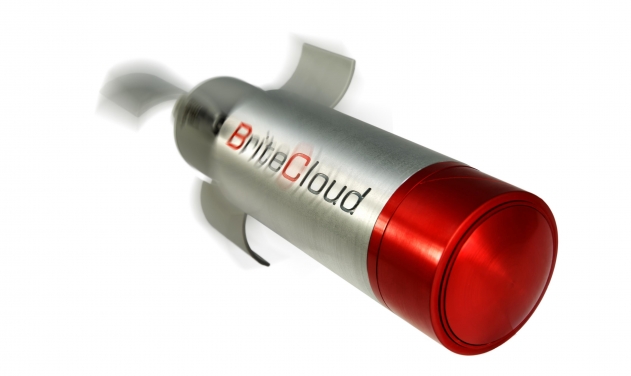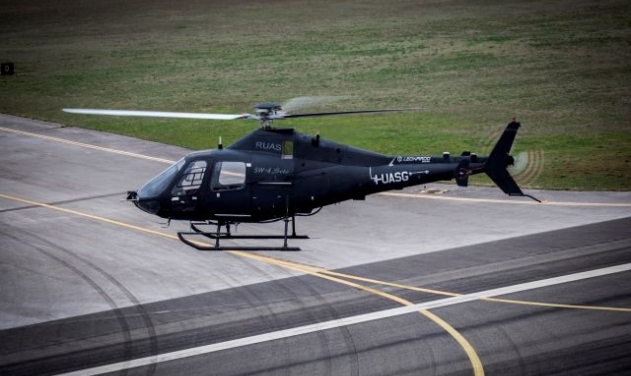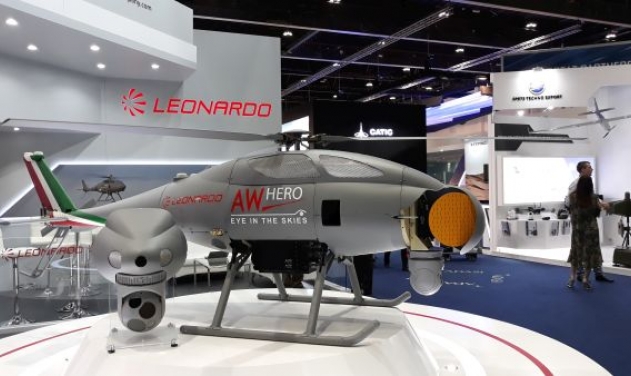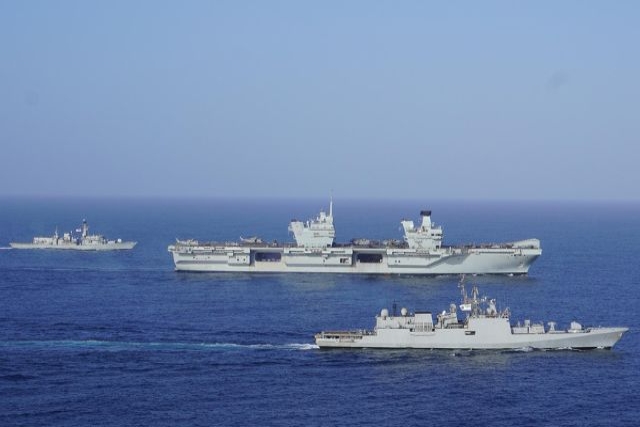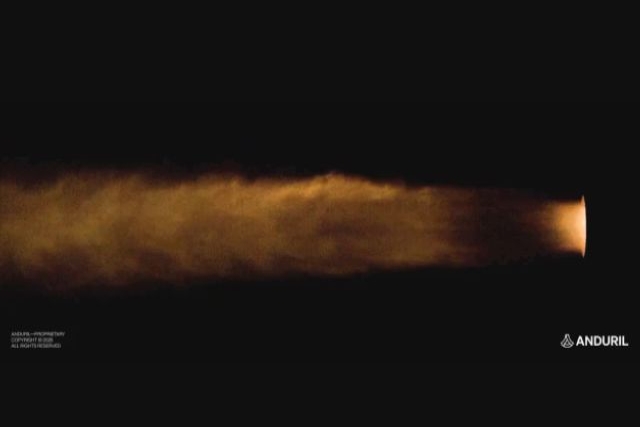Leonardo Extends Endurance, Data Link of Falco Drone
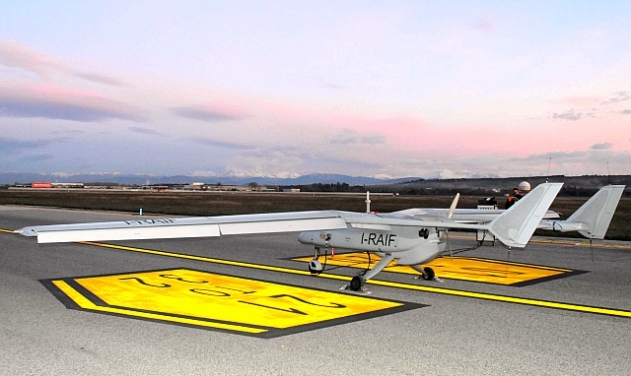
Leonardo has completed series of successful test flights of its Falco EVO Remotely-Piloted Air System (RPAS) in Bulgaria. The flight campaign was to validate a package of upgrades that extends the endurance and operational range of the platform for overland and maritime missions.
This includes a Beyond-Line-Of-Sight (BLOS) satellite data-link system and a new propulsion system based on a heavy-fuel engine. As well as extending the flight envelope of the Falco EVO, the new engine was also proven to generate more electricity on-board the platform, granting access to more power-intensive ISR sensors required for complex missions.
Further trials are now planned that will see the Falco EVO flying equipped with Leonardo’s new Gabbiano TS Ultra-Light (UL) surveillance radar (launched at the Paris Air Show in 2017) combined with a high-definition InfraRed (IR) electro-optical system, Automatic Identification System, and a comms relay suite.
The Falco EVO, the longest-endurance model from Leonardo’s Falco RPAS family, is a surveillance and intelligence-gathering platform suited to overland and maritime missions. It can fly for more than 20 hours while carrying a payload of up to 100 kg.
The Falco EVO has already been delivered to its launch customer in the Middle East region, while the original Falco RPAS has been chosen by five customers and will shortly be deployed in the Mediterranean for a European surveillance programme.

